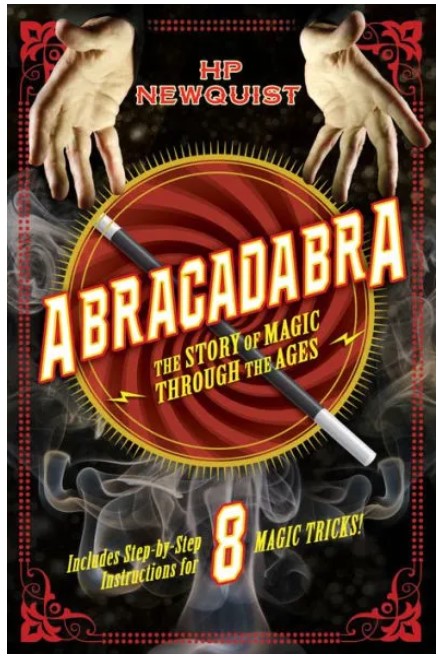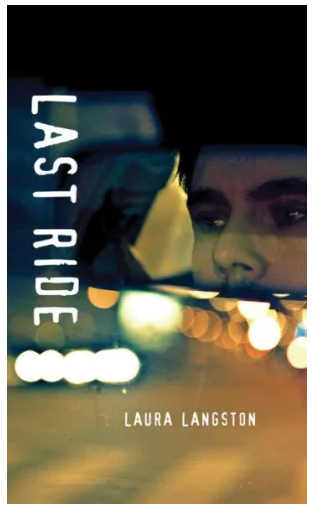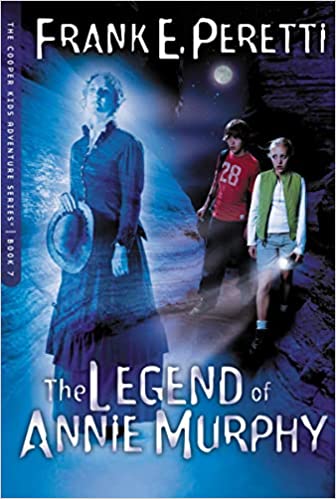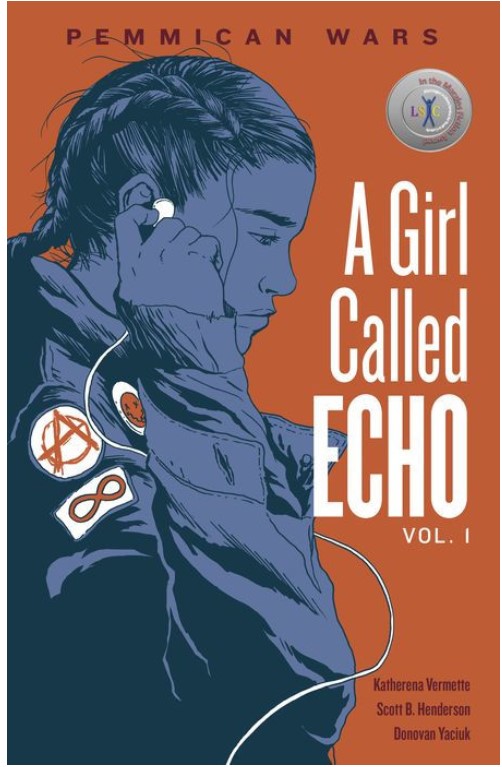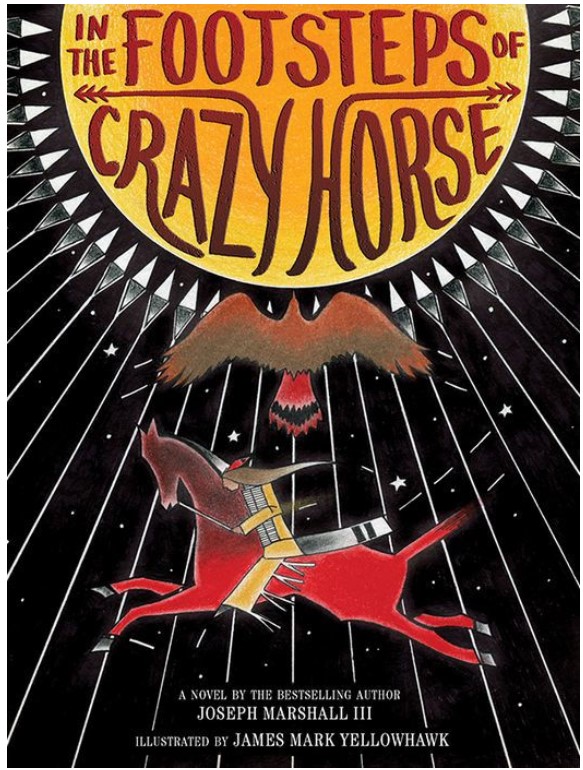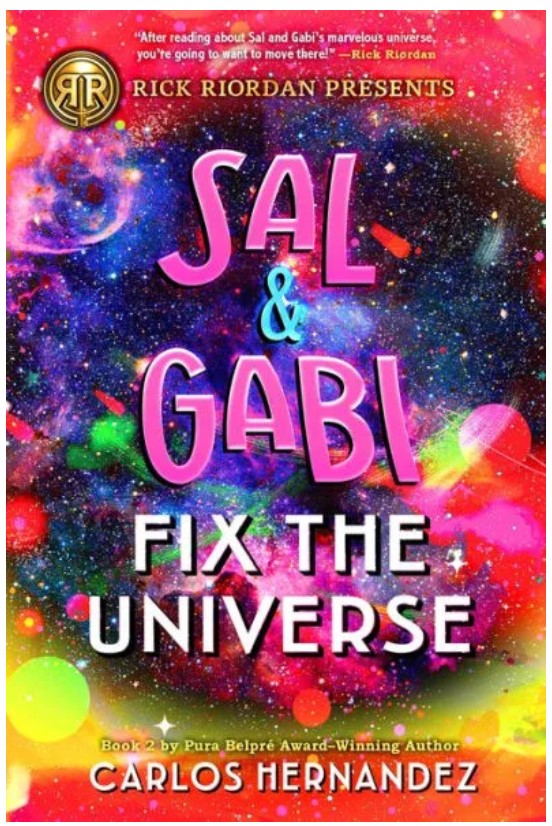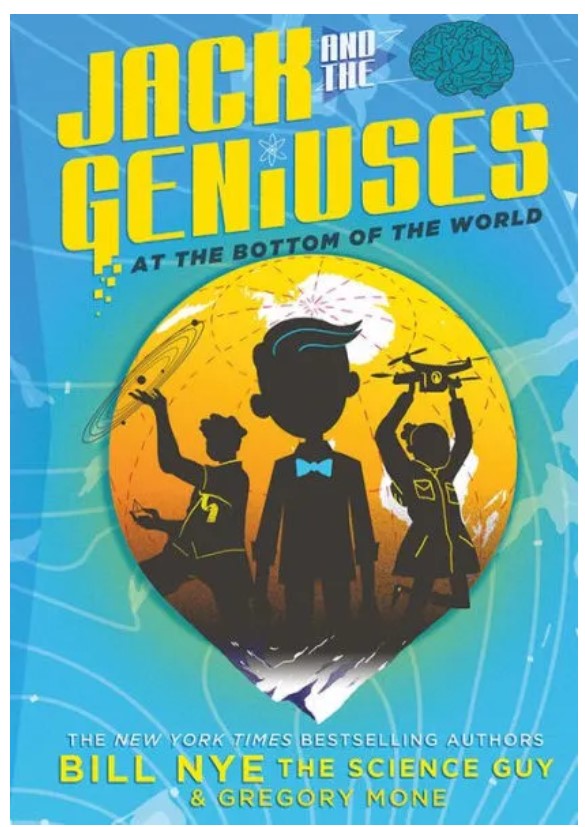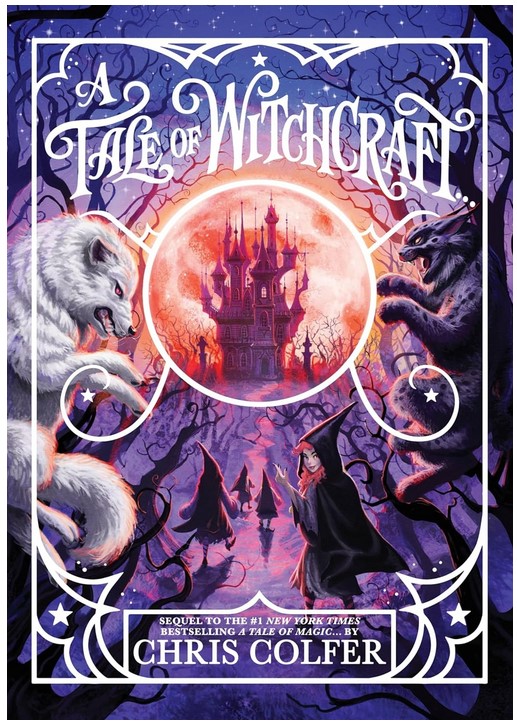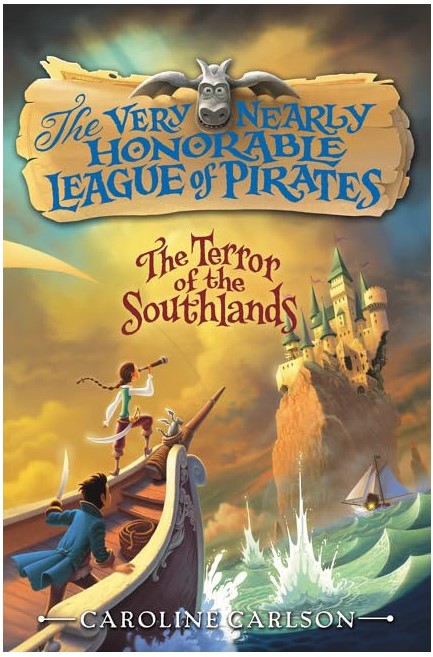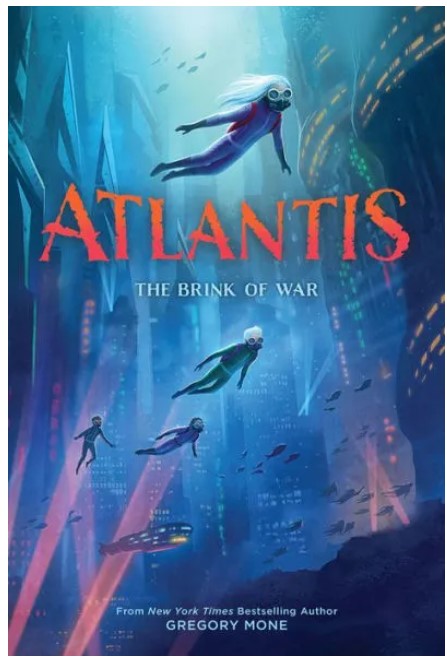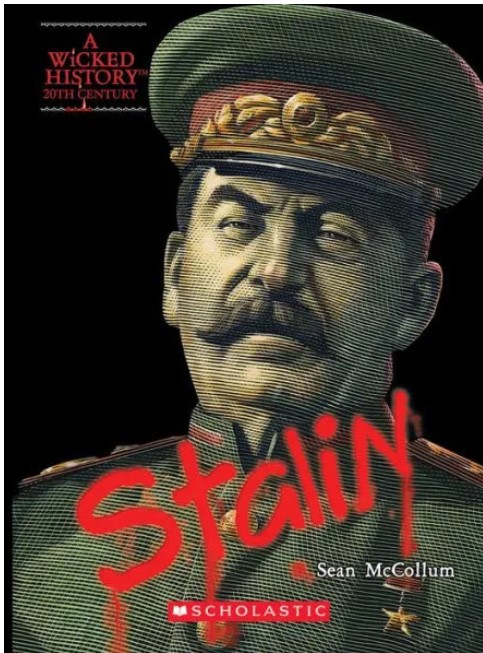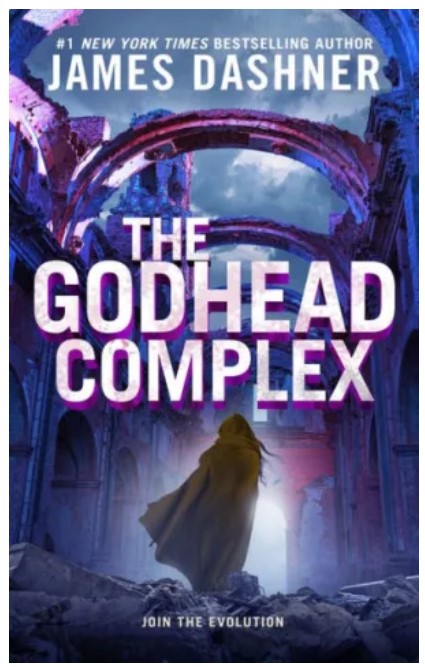Brystal Evergreen knew that becoming the icon of the fairytale world was going to be a large responsibility, but the immense pressure as the newly-appointed “Fairy Godmother” is more than she can handle. In addition to public appearances, fixing local issues, and campaigning for fairy rights, she’s also the new headmaster of The Celeste Weatherberry Memorial Academy of Magic, which has gone from ten students to a thousand overnight. Additionally, a sect of revolutionaries called the Righteous Brotherhood are rising, ready to return magic to the crime it once was.
If that wasn’t enough, Brystal’s resolve falters when Lucy and Pip, two of her trusted friends, decide to leave the Academy to join a strange woman named Mistress Mara at her school for witches, Ravencrest. As Brystal fails to juggle these tasks, thoughts of inadequacy and giving up start to plague Brystal’s mind. The one break in Brystal’s constant onslaught of responsibilities is her budding romance with “Seven,” otherwise known as Prince Gallivant, seventh in line for the throne of the Southern Kingdom.
Meanwhile, Lucy begins to practice witchcraft at Ravencrest, trying her best to put her life as a fairy behind her. However, Mistress Mara’s teachings start to rub Lucy the wrong way. Witchcraft requires Lucy to hurt others, and it’s not without a price – Lucy starts to change physically too, growing feathers instead of hair. Skeptical, Lucy decides to investigate Mistress Mara’s affairs, and uncovers a secret plot to curse Brystal and destroy the reputation of the fairies. She flees from the academy to warn Brystal but it’s too late: Brystal has already fallen into the Righteous Brotherhood’s trap.
Mistress Mara and Seven, who reveals himself as the Righteous Brotherhood’s leader, have cursed Brystal to think negative thoughts. After Seven frames Brystal for the King Champion’s murder, her weakened resolve from the curse and Seven’s betrayal compels her to surrender. Seven, having also killed his other six siblings, kills Brystal and aims to turn public opinion against the fairies. However, Brystal postpones her death by making a mysterious deal with Death himself facilitated by Mistress Mara, and comes back to life just in time to be rescued by Lucy and her allies, The Fairy Council. Reconnected with her friends, Brystal remembers why she works so hard: to give others hope. With renewed willpower, Brystal is ready to fight her curse and stop the Righteous Brotherhood from destroying everything she’s built.
In the sequel to A Tale of Magic, the drastic changes made at the end of the last book – such as the rapid growth of the academy and the legalization of magic, have brought new challenges to Brystal’s door. It’s natural that she starts having some reservations. Brystal is now facing tougher challenges than ever, and the curse that afflicts her brings these questions to the forefront of her mind: “Am I good enough? Can I save everyone? What happens if I fail?” Brystal says, “I got so busy changing the world I forgot to change myself with it.”
We all might not have experience changing the world, but anyone can relate to the feeling of the world moving on without you; where you wish you could stop time and get ahold of your own feelings before tackling another issue. Brystal has to learn the hard way that time doesn’t stop for anyone, magical or not. The way she struggles through these issues and moments of weakness make her a well-rounded and relatable narrator.
While the conflict with the Righteous Brotherhood is the main event of the story, Brystal’s mental state, as well as her relationship with Lucy, is at the forefront. Early on in the story, Lucy discovers that Brystal has been keeping Madame Weatherberry’s identity as the Snow Queen a secret. She lashes out at Brystal and Brystal has her removed from the Fairy Council, which prompts Lucy to leave and join Mistress Mara’s school of witchcraft. This test in their relationship weighs on both their minds, as they had come to trust and support one another, but they are both left without their best friend in such a trying time. Brystal leans on Madame Weatherberry’s advice: “The only thing in life that lasts forever is the fact that nothing lasts forever. . . Just like the weather, people have seasons, too – we all go through periods of rain and sunshine – but we can’t let a particularly rough winter destroy our faith in the spring, otherwise, we’ll always be stuck in the snow.”
As she spends time away from Lucy, Brystal decides to let go of her anger. Brystal and Lucy don’t let one bad “season” spoil their friendship. Because the emotional development between the characters takes the stage over battles and new plotlines, this book is a bit more mature, yet even more purposeful than Colfer’s Land of Stories Series. Beyond a compelling world of magic is an inspiring girl on a journey to discover herself, who demonstrates fierce loyalty to her friends, and can find hope even in the darkest of times.
Sexual Content
Violence
- Prince Gallivant, aka Seven, describes how he lost his family in an attack. “When I was three, we [the royal family] were travelling to the countryside when our carriage was attacked by an angry mob. . . I don’t remember much besides all the screaming. My parents shielded me, otherwise I wouldn’t have survived.”
- The Righteous Brotherhood attacks Brystal while she’s at her brother’s wedding. “In a matter of seconds, the wedding became a war zone. . . Brystal spotted a row of smoking cannons on the top of a nearby hill. . . BOOM! A cannonball whirled right past Brystal’s head. . .” They use cannons and crossbows to fire at her. “The [soldier] fired his first shot. Seven jumped in front of Brystal, and the arrow hit the front of his leg. He fell to the ground screaming in agony.” After Seven is shot, the attackers retreat. He is the only person mentioned who is injured. Brystal later finds out this attack was a ploy to help build her relationship with Seven.
- Seven kills Mistress Mara. “FWITT! Suddenly, Mistress Mara felt something hit her chest. She looked down and saw an arrow was sticking directly into her heart. . . The witch dropped to her knees and black blood poured down her body. . . Her eyes rolled into the back of her head, she collapsed, and then became deathly still. Like a dying fire, her body started to smoke, then she slowly disappeared from sight.”
- When the Fairy Council rescues Brystal from the clutches of the Righteous Brotherhood, Mrs. Vee, the cook at the academy, comes too, fighting more ruthlessly than anyone. “The bubbly housekeeper twirled her arms like a maestro conducting an orchestra as she assaulted the Brotherhood with her kitchen supplies. She smacked their faces with wooden spoons, she beat them over the head with baking sheets, and she poked their eyes with whisks and forks. Mrs. Vee unleashed such a powerful and ruthless attack the fairies almost felt sorry for the Brotherhood.”
Drugs and Alcohol
- Lucy compares flying on a broomstick to Fabubblous Fizz, a bubbly drink, but it’s unclear if this is alcoholic or not. She says, “I feel like I just drank a barrel of Fabubblous Fizz!”
Language
- While repairing a dam with the Fairy Council, Lucy says, “Dam!” Brystal says, “Watch your mouth, there are children—” Then, Lucy says, “No! Look at the dam!”
- Lucy says Tangerina “sounds dumb” when she speaks.
- Seven calls his soldiers “idiots.”
Supernatural
- In the Fairy Tale world, magic exists. Magic is mentioned frequently in the story and used for everything from household chores to fighting. Every member of the Fairy Council uses magic that has to do with a ‘specialty,’ such as Tangerina, who controls bees and has hair made of honey.
- Brystal uses magic to repair a cracked dam. “Brystal waved her wand at the damage below her. The giant crack was magically filled with a golden seal. . . [and] the spewing water finally stopped. . . To help matters more, Brystal flicked her wand again and this time sent a powerful breeze through the city that dried up all the streets, shops, and homes.”
- Many magical creatures are mentioned in the book, such as unicorns and trolls. Unicorns are sometimes mentioned as means of travel or messengers, such as when a unicorn delivers a letter from the Fairy Council to a king.
- Mistress Mara, a witch, travels in a large carriage with wooden, spider-like legs that operates by magic. “[The] large carriage was shaped like a human skull. . . [it] crawled on eight wooden legs like a massive spider.”
- Brystal’s usual means of travel is by bubble. She creates a bubble with her wand and floats from place to place, able to steer it with her wand. “She quietly opened the windows of her office and floated outside in a large bubble. . . She landed on a snowy mountainside and popped the bubble with her wand.” She does this a few times in the story.
- Brystal visits Madame Weatherberry, the Snow Queen, who is living far from civilization in a cave in the mountains. Madame Weatherberry has used a spell to separate herself from the Snow Queen. She appears as a ghost-like figure to Brystal. “Brystal ran across the cavern to embrace her former mentor, but she passed through Madame Weatherberry like she was made of air. . . ”
- Madame Weatherberry explains how she became a ghost. “Living in seclusion made the Snow Queen stronger. . . I searched the mountains for a place to imprison her and discovered this cavern. I froze myself in a wall of ice to trap her, and just in case it melted, I blinded myself so she would never find a way out. With my last bit of strength, I performed a detachment spell to separate us. As long as the Snow Queen exists, I’ll exist like a phantom outside of her.”
- Ravencrest, Mistress Mara’s school of witchcraft, has an invisible butler, moving paintings, and staircases that move in all directions.
- Mistress Mara distinguishes witchcraft from fairy magic by four things – jinxes, hexes, potions, and curses. There is a lesson for each in the story. Jinxes alter one’s appearance, behavior, or function in a negative way, such as when Pip, a student, jinxes a mirror to show an ugly reflection. A hex is a jinx applied to a living creature. Pip hexes someone to have two left feet. Potions are non-magical. Lastly, a curse is a long-lasting or irreversible spell that can take over an environment, inanimate object, or a living thing, and is fueled by anger.
- Lucy curses girls who used to make fun of her by turning them into swans. Curses leave something called a “curse counter” behind, a token of the cursed person that shows how long the curse will last. Whenever Mistress Mara curses someone, a jack-o-lantern appears. If its candle is burning, then the curse is still active.
- Witchcraft also causes a “recoil” effect to those who use it. The spellcaster’s body is altered with non-human traits. When Lucy uses witchcraft, she grows feathers like a goose. When Pip uses witchcraft, she starts to grow whiskers. Mistress Mara has cast so many spells that she looks like a skeleton. The witches use magical golden necklaces to conceal their true appearances.
- Lucy and the witches travel by broomstick once in the story.
- Mistress Mara curses Lucy to contain a Shadow Beast, a creature that is used as a sacrifice for an incredibly powerful spell. Lucy has the Fairy Council expel the Shadow Beast from her. “Lucy’s body surpassed her original height and weight and kept growing as she blew up like an enormous balloon. The fairies were shocked as Lucy swelled before their eyes. They could hear something growling inside of her. . . The fairies grabbed hands and recited the chant. . . Lucy’s body stopped expanding. The Shadow Beast started to howl from inside her. . . Lucy’s body started to twitch and shake. . . Suddenly a dark vapor erupted out of Lucy’s mouth. Her body deflated and she shrank to her original size. The Shadow Beast whirled around the office like a black cloud.” It escapes out the window and finds Mistress Mara.
- Mistress Mara sacrifices the Shadow Beast to raise an undead army of former members of the Righteous Brotherhood. “The witch twirled her arms through the air and the Shadow Beast grew into a massive cyclone. The storm whirled around the courtyard. . . The Shadow Beat split into ferocious animals. The creatures scattered to different parts of the fortress and disappeared into the walls and sank into the ground. . . Suddenly, hundreds of decaying hands emerged from the dirt and shot out of the stone walls. . . corpses clawed their way out from their resting places. The corpses faced their leader and saluted him, like a platoon of skeletal soldiers.”
Spiritual Content
- After Seven kills Brystal, she goes to a place in between life and death. She describes it as a “gray field with a perfectly smooth surface.” There, she meets Death, a ten-foot-tall hooded figure with a cloak made of “darkness itself.”
